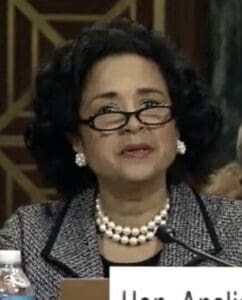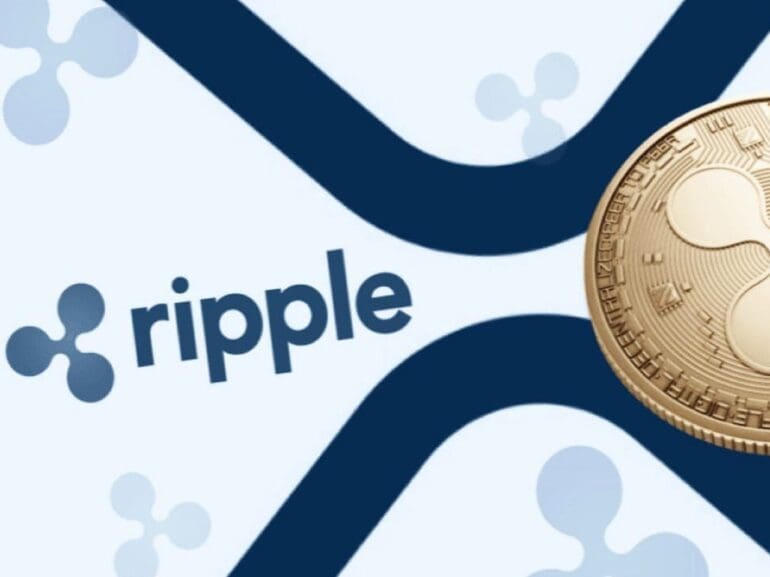Three years in the making, U.S. District Judge Analisa Torres reached a verdict today, Thursday, July 13, on the SEC case against Ripple.
The SEC originally filed the claim in 2020, stating that Ripple had violated securities law with the sale of their native token XRP. The regulators stated that the company had failed to register the token as a security before offering them to the market.
There is a victory for the crypto company, but only partial.

“The SEC’s motion is GRANTED in part and DENIED in part, and Defendants’ motion is GRANTED in part and DENIED in part.,” stated court documents.
In a nuanced ruling that matches the clarity of the regulatory space, Torres found the sale of XRP in violation of securities law, but only in sales made to institutional investors. For sales made through exchanges and “other distributions,” the judge ruled in favor of Ripple.
“XRP, as a digital token, is not in and of itself a “contract, transaction[,] or scheme” that embodies the Howey requirements of an investment contract,” stated the order. A ruling that could change the face of crypto regulation for years to come.
RELATED:
Ripple not in violation of securities law when sold on exchanges.
The SEC had originally filed a complaint against Ripple for violation on three accounts:
- Institutional Sales under written contracts for which it received $728 million;
- Programmatic Sales on digital asset exchanges for which it received $757 million.
- Other Distributions under written contracts for which it recorded $609 million in “consideration other than cash.”
With the Howey Test leading the basis of logic behind the verdict and rejecting Ripple’s “special ingredients for consideration,” Torres addressed each complaint in turn.
The court order stated that Ripple initially sold $728 million in XRP to institutional buyers and that investors would have purchased the token with the expectation that they would make a profit. The funds are then said to have been invested to promote the token and develop use cases for XRP. As a result, “reasonable investors” would have expected the value of the token to increase and for token holders to make a profit.
However, in the case of sales made on exchanges to buyers, “generally less sophisticated” as investors, Torres stated that the SEC could not make such a clear distinction.
“There is no evidence that a reasonable Programmatic Buyer…could parse through the multiple documents and statements that the SEC highlights, which include statements (sometimes inconsistent) across many social media platforms and news sites from a variety of Ripple speakers (with different levels of authority) over an extended eight-year period,” stated the order.
Ripple’s CEO, Brad Garlinghouse, is treating the verdict as a victory and took to Twitter to thank supporters a few moments after the announcement.


